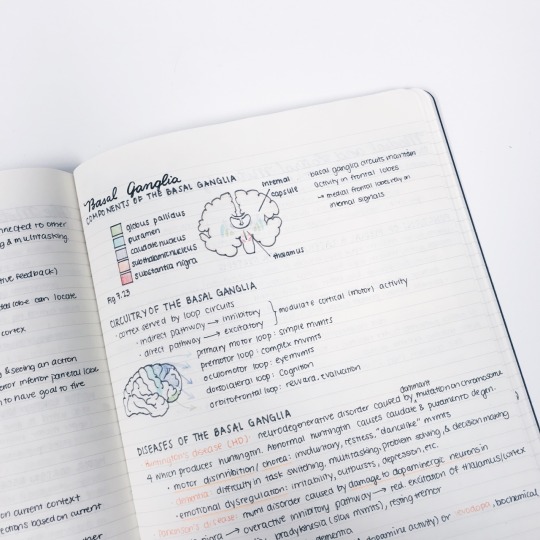Quote
Develop an interest in life as you see it; the people, things, literature, music - the world is so rich, simply throbbing with rich treasures, beautiful souls and interesting people. Forget yourself.
Henry Miller (via fyp-psychology)
Best advise ever!
4K notes
·
View notes
Text
Researchers studying ancient Assyrian texts from Mesopotamia dating between 1300 BCE and 609 BCE discovered references to ancient soldiers afflicted with symptoms that sound remarkably similar to our current understanding of PTSD. One researcher explained to the BBC “They described hearing and seeing ghosts talking to them, who would be the ghosts of people they’d killed in battle – and that’s exactly the experience of modern-day soldiers who’ve been involved in close hand-to-hand combat.”
Diagnosing diseases from ancient texts, however, is not without its difficulties—not only because our understanding and ability to describe disease is so culturally dependent, but also because, as the authors acknowledge in the paper, “it is difficult for us to exclude other explanations such as neuro-psychological signs of head injury,” today known as Traumatic Brain Injury. TBI has very similar psychological symptoms as PTSD, and in fact was only acknowledged as a psychological disorder, and not just a medical diagnosis, in the past decade. Interestingly, there is evidence that many cases of “shell shock” from World War I may not have been PTSD, as previously believed, but pressure from exploding bombs causing brain injuries and eventually TBI. So our retrospective diagnosis of soldiers in the 1910s has changed and evolved as our understanding of psychological illnesses has evolved. And the 1910s is much closer to our own time than 1300 BCE.
821 notes
·
View notes
Text
How do you know you make a mistake? How do you know you don't? Self-reflexion is not bias-free.
Mature The Mind; Expand The Brain
I know what it’s like to feel a way about something or someone today, and then completely feel the opposite about someone or something the day after. I think that this is why I can only write in the moments that I set for myself to sit down and write. It’s hard to look back at yesterday and write about it, anymore.
And isn’t this the ultimate evolution of a matured mind? Its ability to stay-in-the-moment?
I believe so. Staying in-the-moment keeps you free from the clutches of boredom. It allows time to become irrelevant, if! your mind is able to continue in the maturing process and the brain in the expanding one.
The process of brain-expansion is physical. The process of mind-maturing is not.
To expand the brain, one must retain as much information as possible with as much detail as possible. The brain must learn to multitask and process several multitasks, at the same time.
To mature the mind, one must simply learn from every mistake and not repeat them again. To repeat an error again, is to not learn.
Making any sense?
3 notes
·
View notes
Text
Yes!!!!!
It’s amazing how we’re conditioned to believe that being “fat” is inherently a negative thing. Like, tf? Fat is great and it keeps you alive tbh.
5 notes
·
View notes
Link
Free pdf. which gives a basic introduction to Psychology as a Science, the main approaches and their viewpoints, Research in Psychology and ethics.
19 notes
·
View notes
Text
Eidetic memory
The ability to remember images, sounds or objects after only a few instances of perception with high precision. Only appears in some children, never in adults. (Wikipedia)
“Photographic memory” often mistaken for eidetic memory.
1 note
·
View note
Text
Naloxone
Naloxone is a drug used to block the effects of opioids, especially in overdose. It is on the WHO's list of Essential Medicines. It blocks opioid-receptors without having any effects of regular opioids itself.
0 notes
Link
6 Hidden Lessons we learn from StarWars: 1) You will have to leave home 2) Refusing to leave home can end in disaster 3) You will be testet 4) You will be tempted 5) You are not alone 6) Apotheosis.... Thank you Kerry Sullivan
0 notes
Quote
Psychology has a long past, yet its real history is short
Hermann Ebbinghaus
0 notes





